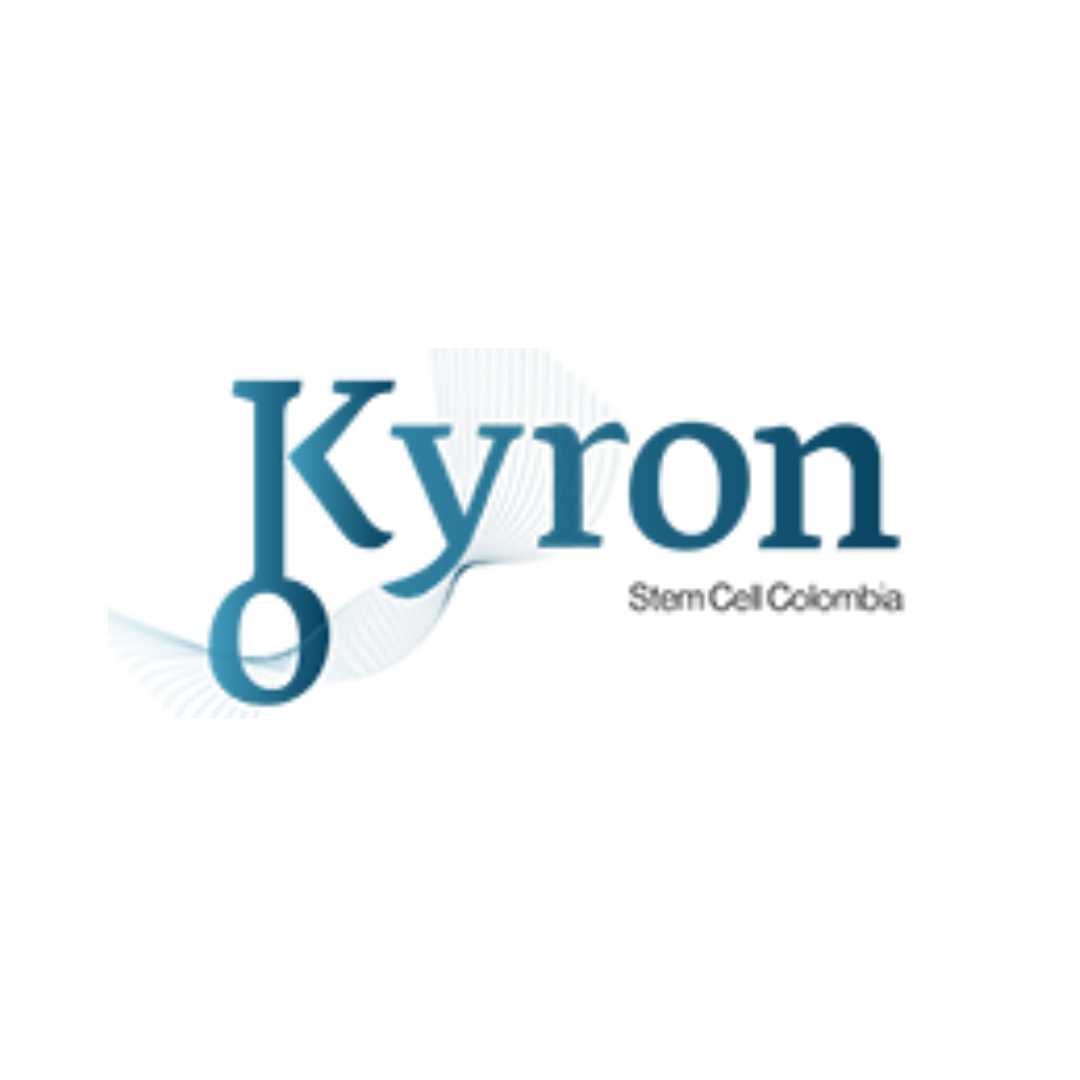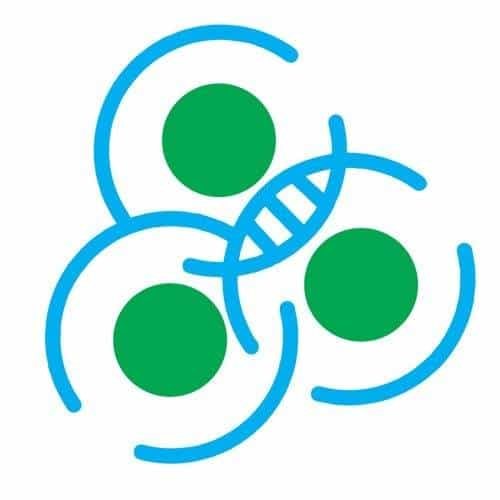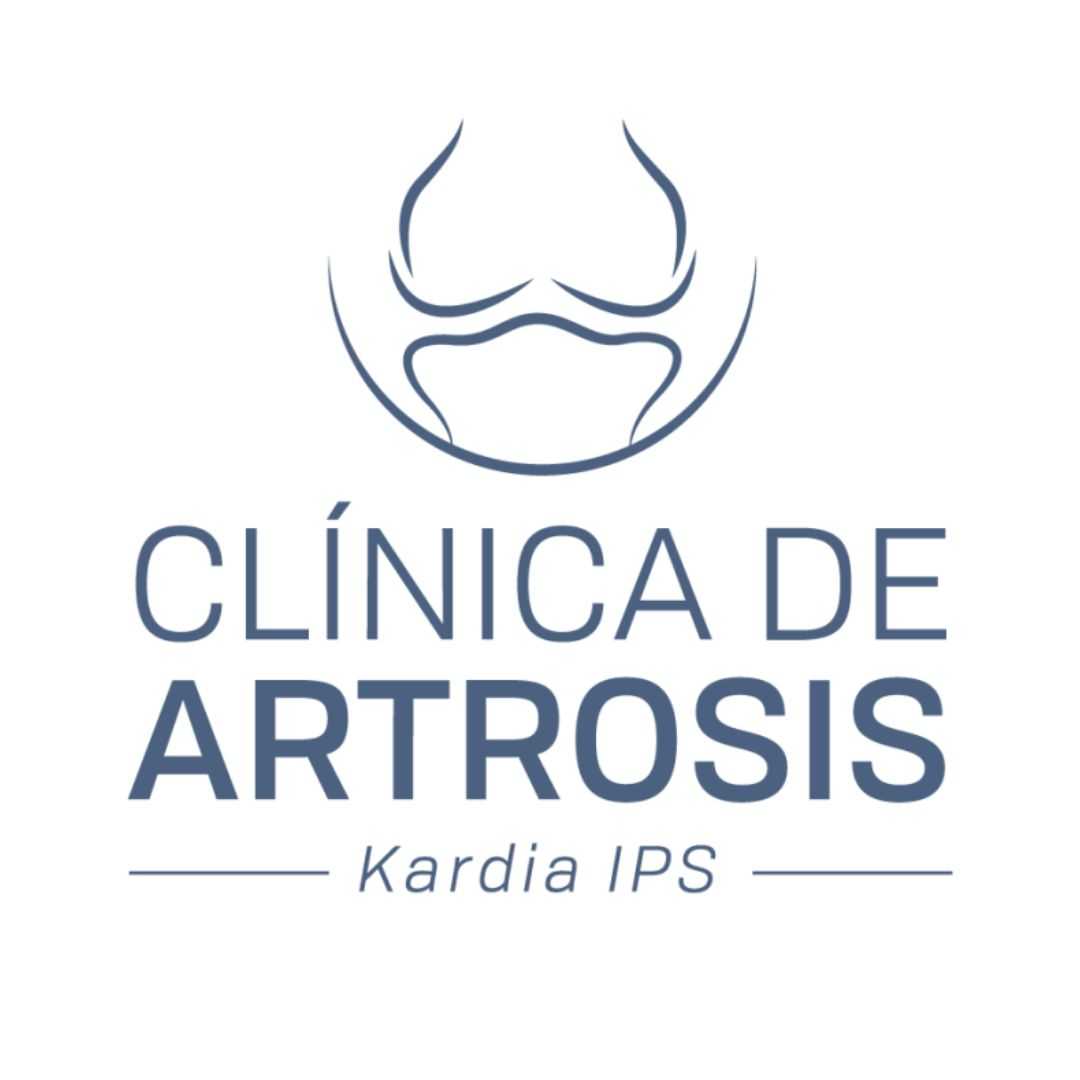Stem Cell Therapy in Colombia: Regulations, Safety, and Patient Rights
The world of regenerative medicine, particularly stem cell therapy, offers incredible promise for various health conditions, prompting many to seek treatment options globally. If you're considering stem cell treatments, you might be wondering about the legal landscape and available options in different countries. One country that often comes up in discussions about advanced medical procedures is Colombia. The good news is that stem cell treatments are legal in Colombia, making it a viable destination for those exploring regenerative therapies. However, understanding the specific regulations and types of treatments available is crucial.
Colombia has positioned itself as a significant player in medical tourism, including the field of regenerative medicine. While stem cell therapies are permitted, they are tightly regulated to ensure patient safety and ethical practice. The legal framework primarily supports the use of autologous stem cells, which are derived from the patient's own body, minimizing risks of rejection. Additionally, certain types of allogeneic (donor-derived) mesenchymal stem cell therapies are allowed under specific conditions. This guide will delve into the nuances of stem cell legality in Colombia, addressing common questions regarding regulations, approved therapies, costs, and what to consider if you're exploring this option.
Is Stem Cell Therapy Legal in Colombia?
Stem cell therapy is indeed legal in Colombia, operating under a defined regulatory framework. The Colombian government, through INVIMA, has established guidelines to ensure the safety, efficacy, and ethical application of these advanced treatments. This commitment to regulation helps protect patients and fosters a trustworthy environment for regenerative medicine.
The legality extends mainly to therapies using adult stem cells, especially mesenchymal stem cells derived from sources like adipose tissue (fat) or bone marrow. These are the most common types utilized for their regenerative potential. It's important for patients to verify that any clinic offering stem cell treatments in Colombia is officially registered and compliant with INVIMA's standards.
What Types of Stem Cells Are Approved for Use in Colombia?
In Colombia, the focus of approved stem cell therapies is largely on adult stem cells, which include mesenchymal stem cells (MSCs). These cells are multipotent, meaning they can differentiate into various cell types like bone, cartilage, muscle, and fat cells, making them valuable for regenerative purposes.
The primary sources for these approved cells are:
- Adipose-derived Stem Cells (ADSCs): Extracted from a patient's own fat tissue, often through a minimally invasive liposuction procedure.
- Bone Marrow-derived Stem Cells (BMSCs): Harvested from the patient's bone marrow, typically from the hip bone.
Both autologous stem cells (from the patient's own body) and some allogeneic (donor) MSCs are utilized, with the latter requiring stringent screening and processing protocols. Embryonic stem cell research and treatments are subject to much stricter ethical and legal considerations, and are not widely available for therapeutic purposes.
Who Regulates Stem Cell Treatments in Colombia?
The primary regulatory body responsible for overseeing and authorizing stem cell treatments in Colombia is INVIMA. Similar to the FDA in the United States, INVIMA is tasked with ensuring that all medical products and procedures, including advanced therapies like stem cell treatments, meet strict safety and quality standards.
INVIMA's role involves:
- Setting guidelines for the collection, processing, and administration of stem cells.
- Approving clinical trials for novel stem cell therapies.
- Monitoring clinics and medical centers offering these treatments to ensure compliance with national regulations.
- Issuing licenses to qualified institutions and professionals.
This rigorous oversight provides an important layer of protection for patients seeking stem cell therapy in Colombia, ensuring that treatments are administered by qualified personnel in approved facilities.
What are the Regulations for Mesenchymal Stem Cells in Colombia?
Mesenchymal stem cells (MSCs) are a cornerstone of regenerative medicine in Colombia, and their use is carefully regulated. For autologous MSCs, procedures must adhere to established medical practices for collection and re-implantation. The focus is on ensuring sterile environments and proper handling to prevent contamination and ensure cell viability.
When it comes to allogeneic MSCs (cells from a donor), the regulations are even more stringent. They include comprehensive donor screening for infectious diseases, ethical sourcing, and detailed processing in certified laboratories. INVIMA ensures that these cells are prepared and administered according to international best practices, minimizing risks to the patient.
Clinics offering MSC therapy in Colombia must demonstrate compliance with these regulations, including having appropriate facilities, trained medical staff, and transparent reporting of patient outcomes. This ensures that patients receive therapies that are both effective and safe, in line with modern medical standards.
Can Foreigners Receive Stem Cell Treatment in Colombia?
Colombia is a well-established destination for medical tourism, and this includes access to stem cell treatments for international patients. Many clinics and hospitals in major cities like Bogotá, Medellín, and Cali cater specifically to medical tourists, offering high-quality care, often at a more competitive price point compared to countries in North America or Europe.
Foreigners seeking stem cell therapy in Colombia should:
- Research accredited clinics and specialists.
- Understand the treatment plan and associated costs upfront.
- Arrange for necessary travel documents and accommodations.
- Consider consulting with a medical tourism facilitator like PlacidWay to streamline the process.
The ease of access, coupled with regulated medical practices and experienced professionals, makes Colombia an attractive option for those considering stem cell therapy abroad.
What is the Cost of Stem Cell Therapy in Colombia?
The cost of stem cell therapy in Colombia can differ significantly based on several factors. These include the specific medical condition being treated, the source of the stem cells (e.g., adipose tissue, bone marrow), the number of required injections or treatments, the complexity of the procedure, and the reputation of the clinic or hospital.
Here’s a general overview of factors influencing costs:
| Factor | Impact on Cost |
|---|---|
| Condition Treated | Complex or widespread conditions often require more extensive treatment. |
| Cell Source | Adipose-derived or bone marrow-derived cells may have different extraction costs. |
| Number of Injections | Multiple sessions will increase the overall cost. |
| Clinic Reputation | Highly specialized or renowned clinics may charge more. |
| Additional Services | Consultations, diagnostics, post-treatment care, and follow-ups. |
While the initial cost might seem substantial, many patients find that the pricing in Colombia offers significant savings compared to similar treatments in Western countries, making it an attractive option for medical tourism.
Are Stem Cells Legal for Knee Osteoarthritis Treatment in Colombia?
For individuals suffering from knee osteoarthritis, stem cell therapy presents a promising alternative to traditional treatments, including surgery. In Colombia, the use of stem cells for conditions like knee osteoarthritis is a well-established and legal practice. Clinics commonly employ autologous mesenchymal stem cells (MSCs), harvested from the patient's own body (usually fat or bone marrow).
The goal of these treatments is to:
- Reduce pain and inflammation in the knee joint.
- Potentially regenerate damaged cartilage.
- Improve joint function and mobility.
Patients seeking this treatment in Colombia often find highly specialized orthopedic and regenerative medicine centers that focus on non-surgical approaches to joint conditions. It's a key area where medical tourism in Colombia thrives for those seeking relief from chronic joint pain.
Are Stem Cells Legal for Neurological Conditions in Colombia?
The application of stem cells for neurological conditions is an area of intense research and development globally. In Colombia, clinics are exploring and offering stem cell therapies for various neurological disorders, adhering to INVIMA's regulatory guidelines. Conditions like multiple sclerosis, Parkinson's disease, and spinal cord injuries are among those for which patients seek regenerative treatments.
While treatments for neurological conditions using stem cells in Colombia are generally legal, they are often performed under strict protocols, sometimes as part of approved clinical trials or established therapeutic uses. The approach typically involves the use of mesenchymal stem cells, which have immunomodulatory and neuroprotective properties. Patients considering these treatments should ensure they are working with reputable clinics that openly discuss the evidence base and regulatory status of the specific therapy for their condition.
What Should I Look For in a Stem Cell Clinic in Colombia?
Selecting the right stem cell clinic in Colombia is paramount for ensuring a safe and effective treatment experience. Given the specialized nature of these therapies, thorough due diligence is essential.
Key factors to consider include:
- INVIMA Accreditation: Verify that the clinic is officially registered and recognized by INVIMA, ensuring compliance with national health regulations.
- Medical Team Expertise: Ensure that the doctors and specialists have extensive experience and certifications in regenerative medicine and the specific condition you're seeking to treat.
- Transparency and Communication: The clinic should provide clear, detailed information about the treatment plan, the source of the stem cells, potential risks, expected outcomes, and costs. Avoid clinics that make unsubstantiated claims.
- Facility Standards: Check for modern, sterile facilities that adhere to international medical standards for cell processing and administration.
- Patient Testimonials and Reviews: Look for feedback from previous patients to gauge their experiences and satisfaction levels.
Engaging with a medical tourism facilitator can also help you identify and vet reputable clinics that align with your needs.
What Are the Potential Risks and Benefits of Stem Cell Therapy in Colombia?
Like any medical procedure, stem cell therapy carries both potential benefits and risks. Understanding these is crucial for making an informed decision about treatment, especially when considering medical tourism.
Potential Benefits:
- Pain Reduction: Many patients experience significant reduction in chronic pain, particularly in musculoskeletal conditions.
- Improved Function: Enhanced mobility, flexibility, and overall function in affected areas.
- Tissue Regeneration: The ability of stem cells to differentiate and stimulate the body's natural healing processes can lead to repair of damaged tissues.
- Minimally Invasive: Many procedures, especially for autologous cells, are minimally invasive compared to traditional surgeries.
- Reduced Recovery Time: Often a quicker recovery period compared to surgical interventions.
Potential Risks:
- Infection: As with any procedure involving injections or cell harvesting, there's a small risk of infection.
- Adverse Reaction: While rare with autologous stem cells, allergic reactions or immune responses can occur with allogeneic cells.
- Limited Efficacy: Not all patients respond to therapy in the same way, and results can vary.
- Cell Migration: A very rare risk where cells could migrate to unintended areas.
- Improper Administration: Risks associated with untrained personnel or non-sterile environments, underscoring the importance of choosing an accredited clinic.
Reputable clinics in Colombia will provide a thorough consultation to discuss these benefits and risks, tailored to your specific condition and overall health.
Where Can I Find Reliable Information for Stem Cell Tourism to Colombia?
Navigating the options for stem cell tourism in Colombia requires access to accurate and trustworthy information. To ensure you make the best decision for your health, it's essential to source your information from credible outlets.
Here are some reliable sources:
- INVIMA's Official Website: As the primary regulatory body, INVIMA (www.invima.gov.co) offers official information on approved therapies, licensed facilities, and general health regulations. While it may be in Spanish, it's the definitive source for regulatory questions.
- Accredited Medical Tourism Facilitators: Companies specializing in medical tourism, like PlacidWay, can provide comprehensive packages, connect you with vetted clinics, assist with logistics, and offer guidance on the entire process. They often have established partnerships with reputable providers in Colombia.
- Reputable Clinics and Hospitals: Direct communication with clinics that are transparent about their accreditations, medical team's qualifications, treatment protocols, and success rates is crucial. They should be able to provide clear answers to all your questions.
- Patient Advocacy Groups: Organizations focused on specific conditions might have forums or resources discussing patient experiences and recommendations for treatments abroad.
Always cross-reference information and be wary of clinics that promise guaranteed cures or make overly aggressive claims without scientific backing.
Exploring stem cell treatments, especially in the context of medical tourism, involves many considerations. PlacidWay is here to simplify that journey for you. As a leading medical tourism platform, we connect you with world-class healthcare providers offering stem cell therapies in Colombia and other global destinations. Whether you're seeking treatment for knee osteoarthritis, neurological conditions, or other ailments, PlacidWay can help you find accredited clinics, understand treatment options, compare costs, and navigate the entire process with ease and confidence. Contact us today to learn more about how we can assist you in finding the right solution for your health needs.

.png)

.png)




.png)

.png)







Share this listing